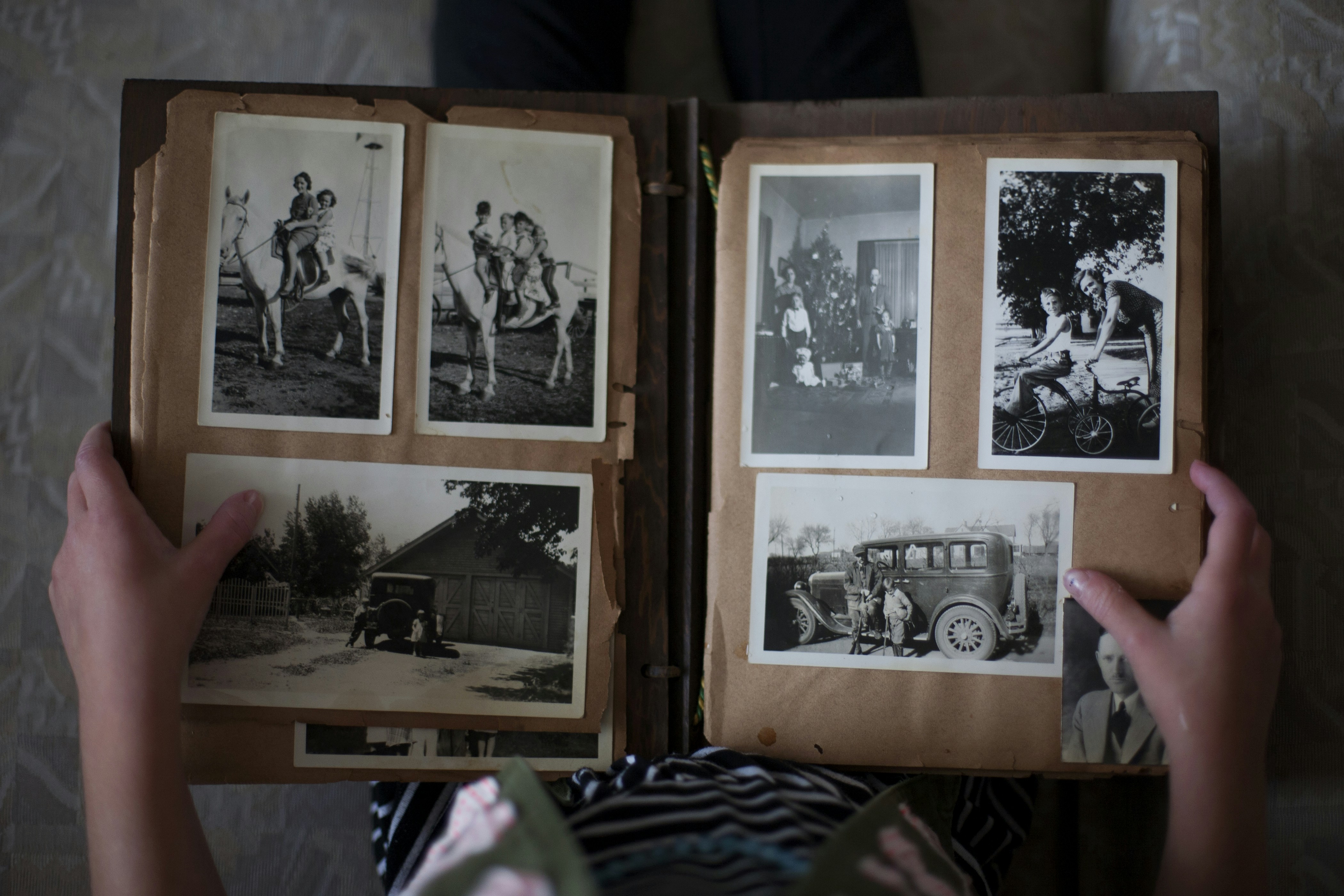The Unexpected Therapy of Jigsaw Puzzles: Piecing Together Family Connections
Published on August 6, 2024
The Unexpected Therapy of Jigsaw Puzzles: Piecing Together Family Connections

In our fast-paced, digital world, it's easy to overlook the simple pleasures that can bring families together. Recently, I discovered an unexpected source of bonding and stress relief: jigsaw puzzles. What started as a rainy day activity quickly became a family tradition that improved our communication and strengthened our relationships.
The Puzzle Process: A Metaphor for Life
Working on a jigsaw puzzle is remarkably similar to navigating life's challenges. Here's how:
- Start with the framework (edge pieces) - establish boundaries and goals
- Group similar pieces - organize your thoughts and resources
- Trial and error - learn from mistakes and keep trying
- Collaborate - seek help and different perspectives
- Celebrate small victories - acknowledge progress along the way
Benefits for Family Dynamics
As we spent more time around the puzzle table, I noticed several positive changes in our family dynamics:
- Improved communication: We learned to describe pieces and strategies effectively.
- Patience and persistence: Difficult sections taught us to persevere together.
- Shared accomplishment: Completing a puzzle gave us a collective sense of achievement.
- Stress relief: The focused activity provided a calming escape from daily pressures.
- Quality time: We engaged in meaningful conversations while working side-by-side.
Puzzles and Mental Health
Beyond family bonding, jigsaw puzzles offer several mental health benefits:
- Improved cognitive function and problem-solving skills
- Increased dopamine production, boosting mood and motivation
- Mindfulness and meditation-like focus
- Sense of control and order in a chaotic world
Getting Started with Family Puzzle Time
Ready to give it a try? Here are some tips to make puzzle time a success:
- Choose an appropriate difficulty level and image that interests everyone
- Set up in a common area with good lighting
- Establish a "no phones" rule during puzzle time
- Play background music or use the time for family discussions
- Don't force participation - let family members join in when they're ready
In conclusion, the humble jigsaw puzzle has become an unexpectedly powerful tool for strengthening our family bonds and improving our mental well-being. It's a simple activity that offers a wealth of benefits, from enhanced communication to stress relief.
If you're looking for more ways to improve family communication and mental health, consider trying Thinker, an AI-powered tool designed to enhance relationships and provide support for overall well-being.


